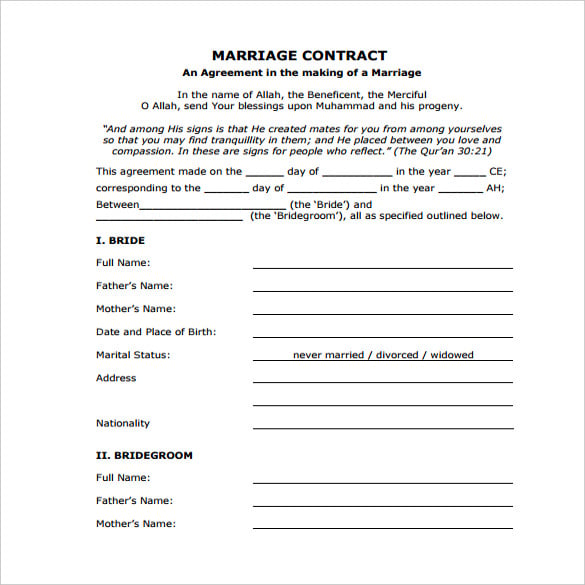A wedding agreement, also known as a prenuptial agreement or prenup, is a legally binding contract that couples enter into before getting married. While it may not be the most romantic aspect of wedding planning, a wedding agreement can provide peace of mind and protect both parties in the event of a divorce or separation.
In this article, we will explore the importance of a wedding agreement, what it entails, and why you should consider having one.
What is a Wedding Agreement?
A wedding agreement is a legal document that outlines the rights and obligations of each spouse in the event of a divorce or separation. It typically includes provisions for the division of assets, spousal support, child custody, and other important matters. The purpose of a wedding agreement is to provide clarity and protection for both parties, ensuring that their interests are safeguarded.
There are several reasons why you should consider having a wedding agreement:
- Protect Your Assets: A wedding agreement allows you to protect your assets and prevent them from being divided in a way that you deem unfair in the event of a divorce.
- Clarity and Communication: By discussing and drafting a wedding agreement, couples are forced to have important conversations about their expectations, financial goals, and plans for the future.
- Protecting Business Interests: If you or your partner own a business, a wedding agreement can help protect those assets and ensure that the business remains intact in the event of a divorce.
- Protecting Children: A wedding agreement can include provisions for child custody, visitation rights, and child support, ensuring that the best interests of the children are prioritized.
- Financial Security: A wedding agreement can provide financial security for both parties, especially if one spouse has significantly more assets or income than the other.
How to Create a Wedding Agreement
Creating a wedding agreement involves several steps:
- Open and Honest Communication: Start by having open and honest conversations with your partner about your expectations, financial goals, and plans for the future.
- Consult with an Attorney: It is important to consult with an attorney who specializes in family law to ensure that your wedding agreement is legally binding and enforceable.
- Disclose All Assets and Debts: Both parties must fully disclose all assets, debts, and financial information to ensure that the agreement is fair and accurate.
- Draft and Review the Agreement: Work with your attorney to draft the wedding agreement, ensuring that it includes all necessary provisions and addresses your specific concerns.
- Sign and Execute the Agreement: Once both parties are satisfied with the agreement, it should be signed and executed in the presence of witnesses and a notary public.
- Periodic Review and Updates: It is recommended to review and update your wedding agreement periodically, especially if there are significant changes in your financial situation or family dynamics.
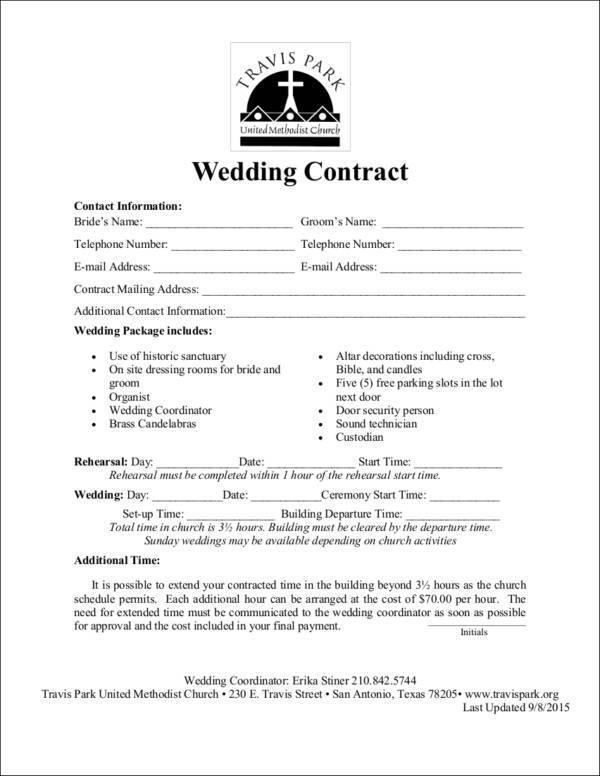
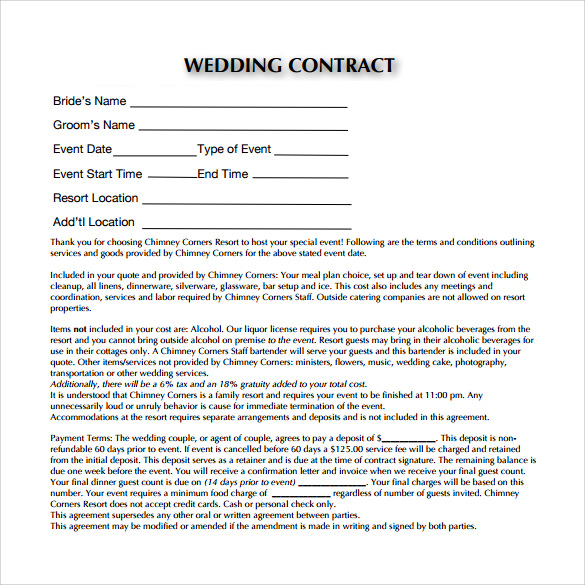
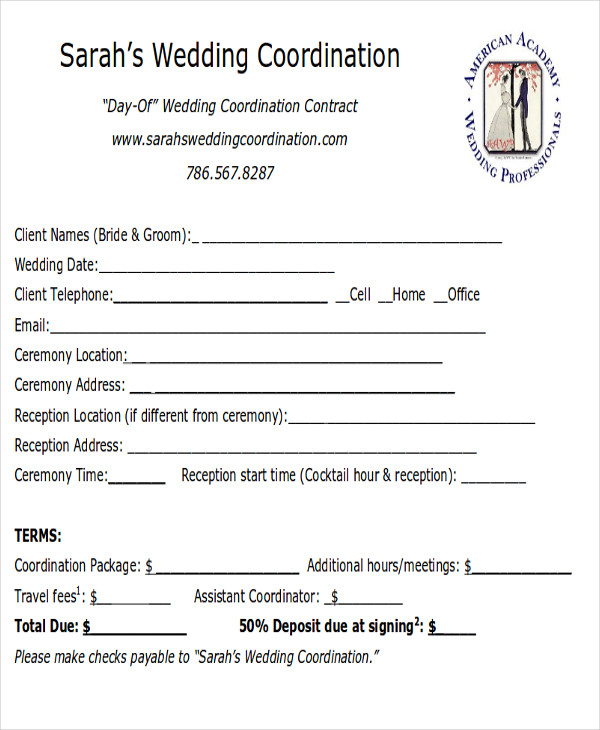
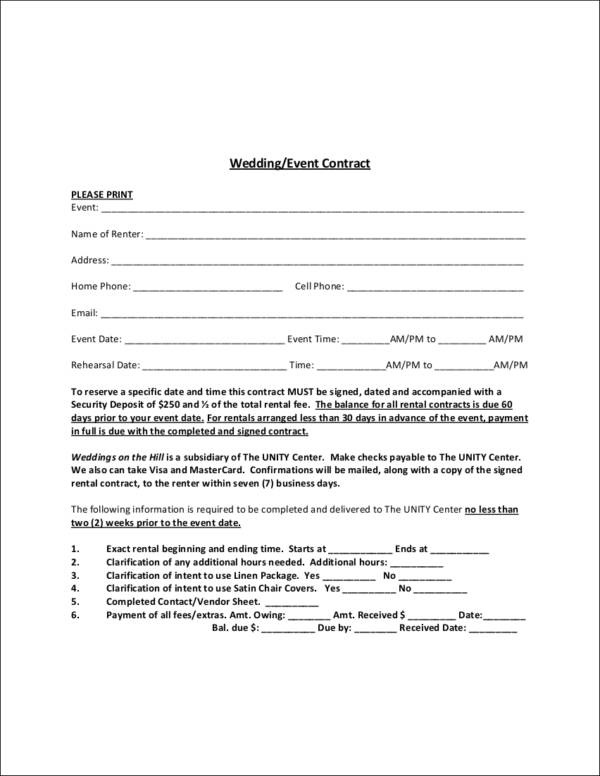
What Can and Cannot be Included in a Wedding Agreement?
While a wedding agreement can cover a wide range of topics, there are certain limitations on what can and cannot be included:
- Child Custody and Support: While a wedding agreement can include provisions for child custody and support, the court always has the final say and will prioritize the best interests of the child.
- Illegal Provisions: Any provisions that go against the law or public policy, such as encouraging divorce or limiting child support, will not be enforceable.
- Personal Matters: Wedding agreements should focus on financial matters and the division of assets, rather than personal issues or lifestyle choices.
- Unconscionable Provisions: Provisions that are grossly unfair or one-sided may be deemed unconscionable and may not be enforceable by the court.
- Full Disclosure: It is essential that both parties fully disclose all assets, debts, and financial information. Failure to do so may render the agreement invalid.
Summary
A wedding agreement is an important legal document that can provide peace of mind and protect both parties in the event of a divorce or separation. It allows couples to have important discussions about their expectations and financial goals, while also ensuring that their interests are safeguarded.
If you are considering getting married, it is worth consulting with an attorney to discuss the possibility of creating a wedding agreement.
Wedding Agreement Template – Download
